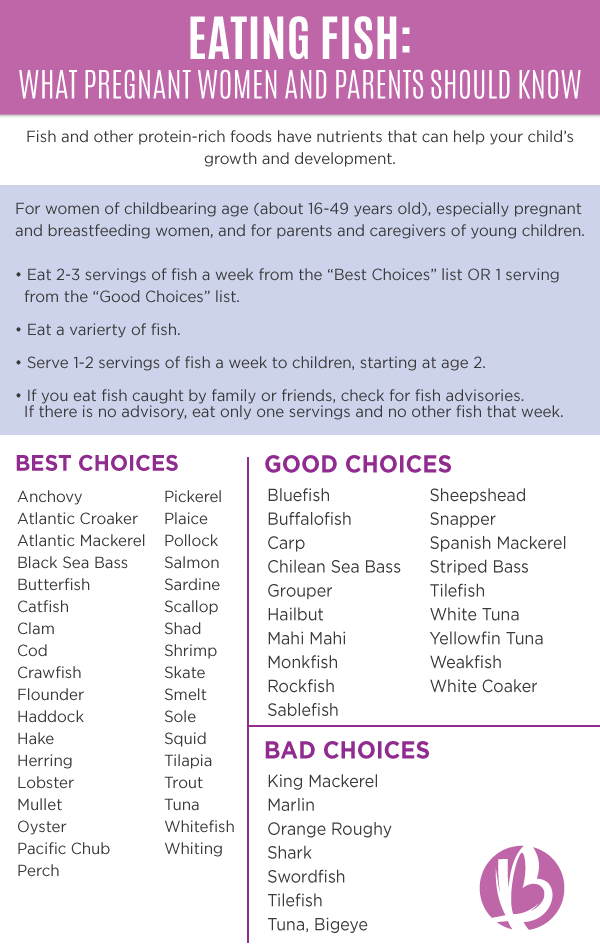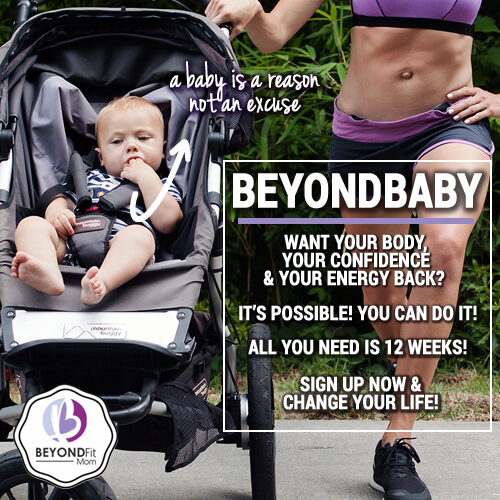Food Safety During Pregnancy
During pregnancy, a woman’s immune system is reduced. This places both mom and her unborn baby at increased risk of contracting the bacteria, viruses, and parasites that cause foodborne illness.
Foodborne illnesses can be worse during pregnancy and may lead to miscarriage or premature delivery and some foodborne illnesses, such as Listeria and Toxoplasma gondii, can infect the fetus even if the mother does not feel sick.
This is why doctors provide pregnant women with specific guidelines to foods that they should and should not eat.
Here is a list of foodborne pathogens and their impact during pregnancy:
- Infections usually result in severe diarrhea and in pregnant women the infections usually are mild and have no adverse consequences for mother or child.
- Infection during the third trimester has a higher chance of leading to neonatal sepsis because the bacterium is able to transmit to the baby during time of delivery.
- In some cases, infection in the early stages of pregnancy can cause miscarriages and premature birth.
- The main concern of E. coli infection during pregnancy is dehydration though in rare cases severe complications may arise.
- Listeria can cause Listeriosis, an infection that may cause miscarriages, premature labor, the delivery of low-birth-weight infants, or infant death.
- The infection can pass to a fetus even if the mother does not show signs of infection.
- Pregnant women are about 10 times more likely than the general population to get a Listeria infection.
- A fetus infected with Listeria may develop health problems later in life including:
- intellectual disability
- paralysis
- seizures
- blindness
- or impairments of brain, heart, or kidney
- Infection can lead to health complications during pregnancy, including dehydration and bacteremia (bacteria in the blood) which can lead to meningitis.
- Salmonella can pass to the baby during pregnancy. Babies born with Salmonella infection may have diarrhea and fever after birth and may develop more serve complications meningitis.
TOXOPLASMA GONDII (TOXOPLASMOSIS)
- If infection occurs during pregnancy, babies can develop:
- hearing loss
- intellectual disability
- and blindness
- Some children can develop brain or eye problems years after birth.
- The infection can pass to a fetus even if the mother does not show signs of infection.
Food Safety During Pregnancy: FISH
For pregnant women, as well as breastfeeding mothers and parents of young children, it’s important to make informed choices when it comes to fish that is healthy and safe to eat.

The biggest thing to avoid during pregnancy is raw seafood, as this may contain parasites or bacteria including Listeria that can make a pregnant woman ill and could potentially harm her baby. All seafood dishes should be cooked to 145°F. This means that if you’re pregnant, you should avoid:
- Sushi
- Sashimi
- Raw Oysters
- Raw Clams
- Raw Scallops
- Ceviche
Pregnant women will also want to be cautious with refrigerated smoked seafood due to the risk of Listeria. Refrigerated smoked seafood, such as salmon, trout, whitefish, cod, tuna, or mackerel are often labeled as:
- Nova-style
- Lox
- Kippered
- Smoked
- Jerky
Refrigerated smoked fish should be reheated to 165 °F before eating. It is okay to eat smoked seafood during pregnancy if it is canned, shelf stable or an ingredient in a casserole or other cooked dish
Food Safety During Pregnancy: Soft Cheese
Soft cheeses in particular tend to be made with unpasteurized milk. When pregnant, a woman should avoid the following cheeses that tend to be made with unpasteurized milk:
- Brie
- Feta
- Camembert
- Roquefort
- Queso Blanco
- Queso fresco
Cheese made with unpasteurized milk may contain E. coli or Listeria. Instead of eating soft cheese, eat hard cheese such as Cheddar or Swiss. If a pregnant woman wants to continue to eat soft cheese, she should make sure to check the label to ensure that the cheese is made from pasteurized milk. Pregnant woman should pay particular attention at farmers markets to make sure that fresh and soft cheeses are pasteurized.
Food Safety During Pregnancy: Eggs
While I do love raw cookie dough, the truth is that undercooked eggs may contain Salmonella. To safely consume eggs, cook them until the yolks are firm, that way you know Salmonella has been destroyed. If you are making a casserole or other dish containing eggs, make sure the dish is cooked to a temperature of 160°F. Foods that may contain raw eggs should be avoided. They are as follows:
- Eggnog
- Raw batter
- Caesar salad dressing
- Tiramisu
- Eggs Benedict
- Homemade ice cream
- Freshly made or homemade hollandaise sauce
Any batter that contains raw eggs, such as cookie, cake or brownie batter, should not be consumed uncooked by pregnant women. The batter may contain Salmonella which can make a pregnant woman very sick. To safely consume these yummy treats, bake them thoroughly. No matter how tempting, DO NOT lick the spoon.
Food Safety During Pregnancy: Lunch Meats
While the label may say precooked on the following products, a pregnant woman should reheat these meats to steaming hot or 165°F before eating. These meat items may contain Listeria and are unsafe to eat if they have not been thoroughly reheated.
- Hot dogs
- Luncheon meats
- Cold cuts
- Fermented or dry sausage
- Any other deli-style meat and poultry
More resources for a fit and healthy pregnancy:
Pregnancy Modifications for Exercise
Is Protein Powder Safe While Pregnancy and Nursing?
